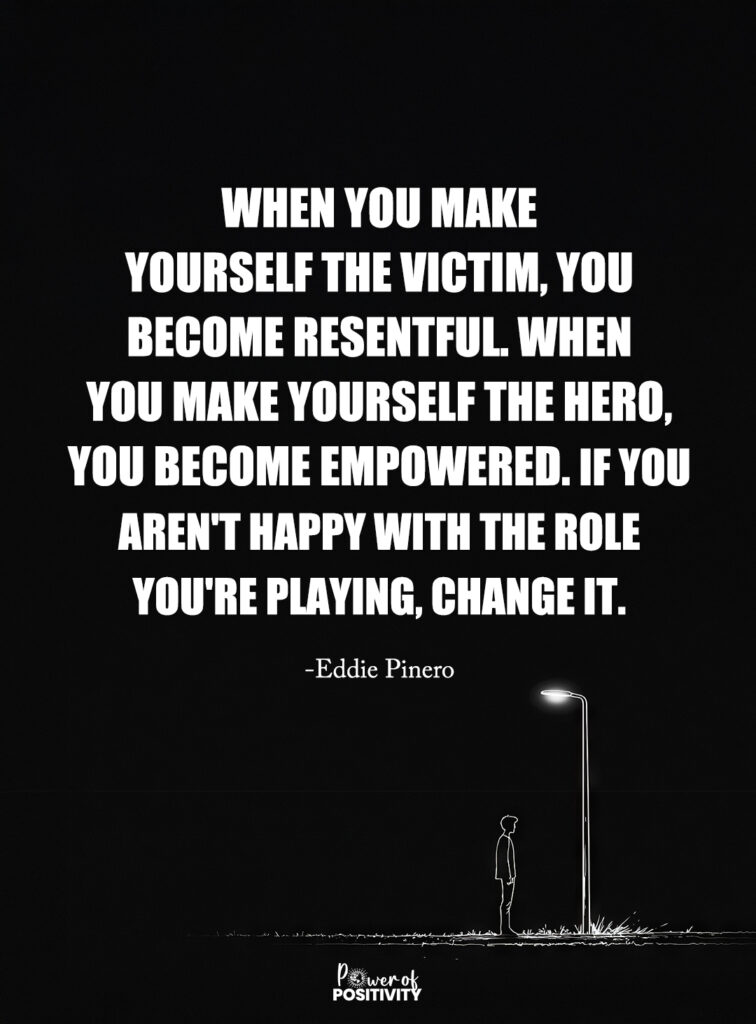Every day, science quietly shapes the choices people make—from what’s safe to eat to which news story to trust. It’s not just for labs or classrooms anymore. It’s part of how we stay healthy, stay informed, and stay ready for what’s coming.
Big issues like climate change, false health claims, and fast-moving technology aren’t just headlines—they affect regular routines. Knowing the basics of how science works helps cut through the noise and spot what’s true.
Ordinary people don’t have to be experts. But in a world where facts are often twisted or ignored, caring about science matters more than ever. It’s not about memorizing formulas. It’s about making smarter choices and understanding the world with a little more clarity.
1. Science Shapes Your Daily Life—Whether You Notice or Not
Morning routines run on quiet science. Ordinary People brush, rinse, tap a screen, and walk out the door trusting each step will work because these tools were built on careful tests.
From Soap to Smartphones
• Soap bubbles because chemists mixed fats and salts, making a film that lifts oil and germs off skin.
• Inside every phone, tiny chips etched with lasers move signals so texts arrive in seconds, and the glass stays tough thanks to materials science.
• Weather apps pull data from balloons, radar, and satellites, then run math models that warn Ordinary People when storms approach.
What You Eat and Breathe
• Food labs grow cultures to spot harmful bacteria, and labels list nutrients measured with simple chemistry.
• City water plants add chlorine, adjust pH, and test samples hourly, keeping taps safe even in heavy rain.
• Air sensors track dust, smoke, and gases; alerts pop up on public screens, helping Ordinary People decide when to stay inside or wear a filter mask.
Day after day, these systems turn new research into small comforts most folks hardly notice. That is why science deserves a thank-you each morning.
2. The Pandemic Taught Us Why Understanding Science Isn’t Optional
Lockdowns, masks, and daily case counts showed how fast science moves in a crisis. Ordinary People learned terms like “flatten the curve,” yet rumors often spread faster than facts.
Unpacking COVID’s Wake-Up Call
• Countries that grasped how a virus jumps from person to person slowed the spread sooner.
• Ordinary People who understood droplets and fresh air made simple choices such as opening windows.
• Places with weak science awareness saw higher cases because false cures and panic guided behavior.
Why Trust in Data Matters
• Vaccine rollouts proved that big studies, peer review, and open reports can save lives when folks listen.
• Risk decisions—mask up, stay home, or meet outside—felt lighter once data showed what worked.
• Ordinary People who checked reliable dashboards instead of viral posts felt more in control.
The pandemic underlined a basic rule: knowing even simple biology terms helps households spot truth, push aside noise, and act early. That lesson stays useful for flu season, food-safety alerts, and the next health scare.
3. Scientific Thinking Builds Better Decision-Making
Choices pile up all day—what to buy, who to believe, how to fix a sudden problem. Scientific thinking offers a simple toolkit that helps Ordinary People sort sense from noise.
Critical Thinking Isn’t Just for Labs
• Asking “What’s the proof?” before hitting share keeps rumors from snowballing.
• Looking for repeatable results, not one-off stories, shields Ordinary People from miracle scams and fad diets.
• Healthy doubt focuses on evidence, not on tearing everything down.
Everyday Problem-Solving
• When an appliance stops, testing one part at a time follows the same observe-test-adjust loop used in labs.
• Comparing labels, reviews, and return policies is easier once data—not gut feeling—leads the search.
• Ordinary People who pause, list options, and run quick trials—like swapping cables or ingredients—solve issues faster and cheaper.
Small steps like these train the brain to stay calm under pressure. Over time, these habits turn big decisions—jobs, money, and health—into better-informed moves for the whole family instead of rushed guesses.
4. Innovation Doesn’t Just Come from Experts
Breakthroughs don’t always start in giant labs. Fresh ideas often grow in garages, backyards, and late-night chats where curiosity beats expensive gear.
Ordinary People Contribute Too
• Bird counts each February rely on volunteers logging sightings with phones; scientists use that data to track migration.
• Projects like Foldit let gamers fold digital proteins, and some players—Ordinary People with zero biology training—have solved shapes that puzzled pros.
• SETI@home turns spare computer time into a giant radio ear, proving crowds can handle tasks once limited to supercomputers.
Science Needs More Than Just Data
• Pattern spotting, creative hunches, and simple “What if?” questions spark many discoveries before the first test tube appears.
• Sticky notes, Velcro, and even the backyard weather station were born from regular folks who mixed play with observation.
• Ordinary People who raise fresh angles push experts to rethink blind spots and keep research tied to real needs.
5. Science Isn’t Pure—And That’s Why You Should Watch It Closely
Science sounds like it should be all facts, but it’s still shaped by people—and people bring opinions, money, and outside pressure. That’s why Ordinary People need to pay attention.
Values Shape Research
• Sometimes money steers the focus. During the Cold War, space science got huge boosts while other fields didn’t.
• In early drug testing, many trials skipped women—leading to side effects doctors didn’t catch until much later.
• Even what feels “beautiful” or “simple” can influence which theory a scientist prefers, whether or not it’s correct.
Why Accountability Matters
• Some oil-funded studies downplayed climate risk. Without public pushback, that research might’ve gone unchecked.
• Ordinary People who care about fairness, facts, and transparency help push science in the right direction.
• When folks speak up—about who’s included, who’s left out, or what’s missing—it helps science reflect more of the world.
Ordinary People don’t need to mistrust science—they just need to watch it with open eyes. That keeps the system stronger for everyone.
6. The World is Getting More Complex—and Science Helps You Keep Up
Fast change can feel overwhelming. New tech shows up overnight, and it’s hard to know what’s good, what’s risky, or what’s even real. That’s where science can help Ordinary People stay steady.
New Technologies, New Responsibilities
• AI, gene editing, and climate tools are moving quickly—but the average person is still catching up.
• When Ordinary People don’t understand what something does, it becomes harder to speak up about how it’s used.
Science as a Compass in Uncertainty
• Science doesn’t predict the future, but it gives clues and patterns that help people plan ahead.
• It also supports policies based on facts, not fear—something every community needs more of.
• Ordinary People who stay informed can push for smart rules and better protection in areas like privacy, safety, and health.
Knowing just a little can make a big difference. In a complicated world, science keeps things grounded.
7. Scientific Literacy Starts with Small Curiosities
Big questions often start with small wonders. One moment of curiosity can lead to a habit of paying attention—and that’s how Ordinary People start thinking like scientists.
Wonder is the Gateway
• Watching how bread molds or why plants lean toward the sun isn’t just random—it’s science in motion.
• Ordinary People who notice little things start asking better questions, which can lead to better decisions.
How to Learn Without a Lab Coat
• You don’t need fancy tools. A short video, a science podcast, or reading one article a week is enough to build awareness.
• Asking “why?” more often trains the brain to look deeper—without needing a degree.
• Ordinary People who stay curious often feel more confident when making health or tech choices later.
Science isn’t just about hard facts—it’s about keeping your mind open. And that starts with paying attention to the world around you.
Conclusion – The Future Depends on What We Understand Today
Science isn’t some far-off thing that only experts deal with. It’s already shaping the food you eat, the choices you make, and the way your kids grow up. Whether you notice or not, it’s part of your daily life.
Staying curious, asking simple questions, and understanding just the basics can keep you from getting misled or left out. Ordinary People who take a little time to learn how things work tend to spot the facts faster—and make stronger choices because of it.
If more Ordinary People care about what science says, we’ll end up with better answers—ones built around fairness, health, and truth. The future shouldn’t just belong to companies or algorithms. It should reflect what people value most. And that starts with understanding the science behind it all.















